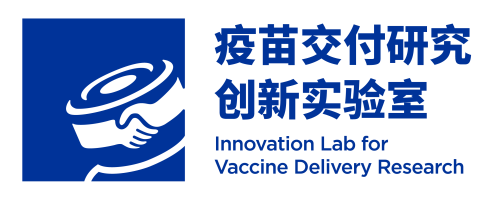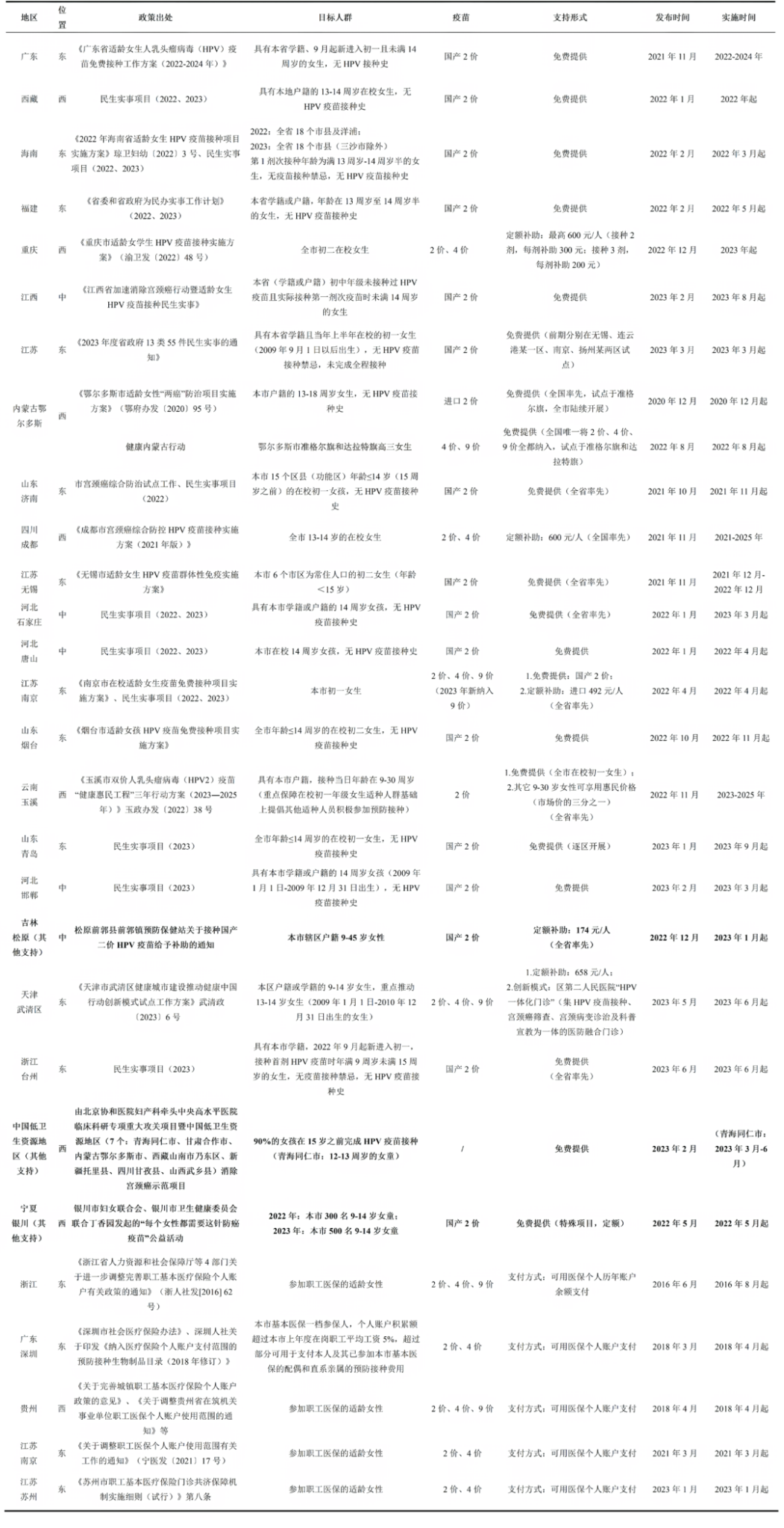This study was conducted by Hai Fang and his team from Peking University and published in Human Vaccines & Immunotherapeutics. The study evaluated the cost-effectiveness of using non-immunization program vaccines as an alternative to current vaccination strategies and simulated the economic and health consequences of meningococcal disease using four vaccination strategies based on the 2019 birth cohort. The result showed that using quadrivalent polysaccharide vaccine (MPV-4), bivalent conjugate vaccine (MCV-AC), and quadrivalent conjugate vaccine (MCV-4) could have increased health benefits but at a higher cost. The new strategies would be cost-effective provided lowering vaccine price.
Closing the immunization gap: Overcoming barriers for new vaccine introduction in Southeast and South Asia
This review, conducted by Innovation Lab for Vaccine Delivery Research (VaxLab) from Duke Kunshan University, was published in Vaccine. The study systematically compares the status of new vaccine introduction within national immunization programs across 13 countries in Southeast and South Asia, with a particular focus on differences associated with Gavi funding eligibility. The findings show that countries eligible for Gavi’s middle-income country (MIC) support approach lag behind in introducing key vaccines such as pneumococcal conjugate vaccine (PCV), human papillomavirus (HPV) vaccine, and rotavirus vaccine. Major barriers include underdeveloped evidence-based decision-making processes, limited domestic financing, high vaccine prices, and gaps in immunization system readiness. This article highlights the need to strengthen governance and sustainable financing mechanisms, optimize resource use, and leverage targeted technical support from global partners to accelerate equitable access to life-saving vaccines and advance the Immunization Agenda 2030.





